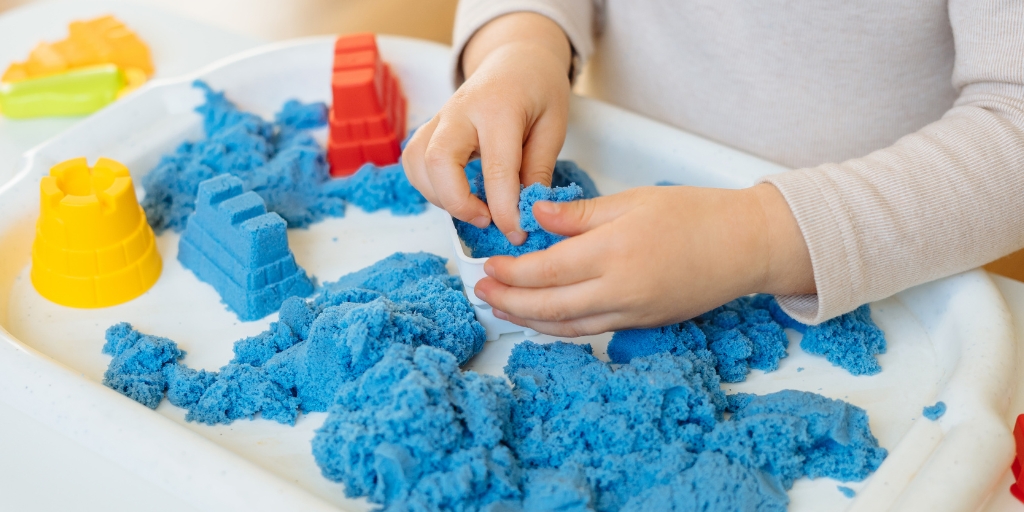The Power of Play: How Sensory Activities in Early Learning Enhance Child Development
Early learning plays a critical role in shaping a child’s cognitive, emotional, and physical growth. Among the many tools available to educators and parents, sensory activities stand out as a powerful way to foster child development. Sensory play, which involves activities that stimulate a child’s senses—sight, sound, touch, smell, and taste—supports a range of developmental milestones during early learning.
Cognitive Development
Sensory play encourages children to explore and solve problems, which enhances cognitive abilities. For example, when children manipulate different textures or play with materials like sand, water, or clay, they begin to understand cause and effect. This hands-on experience builds neural connections in the brain, contributing to better memory retention and problem-solving skills. In early learning environments, activities like sensory bins or playdough offer opportunities for children to explore, hypothesize, and engage in critical thinking.
Motor Skills
Sensory activities also promote fine and gross motor development. Tasks such as grasping, squeezing, or pouring help improve fine motor control, which is essential for future tasks like writing and using utensils. Meanwhile, large-scale activities like jumping or running through obstacle courses can enhance gross motor skills, helping children develop better coordination and balance. These motor skills are foundational for a child’s physical development and contribute to overall health and well-being.
Emotional Regulation and Social Skills
Another key benefit of sensory play in early learning is its ability to support emotional regulation. Activities that allow children to interact with calming materials, such as water or sand, can help reduce anxiety and foster emotional stability. Furthermore, when children engage in sensory activities with peers, they also develop social skills such as sharing, cooperation, and communication. These interactions prepare them for the social aspects of school and beyond.
Language Development
As children engage with sensory materials, they are often encouraged to describe what they are feeling or doing, which helps develop language skills. Teachers and caregivers can use sensory activities to introduce new vocabulary, asking children to describe textures, colors, or sensations. This supports linguistic growth and helps children better express themselves.
In conclusion, sensory activities in early learning environments offer significant developmental benefits. By fostering cognitive, motor, emotional, and language development, sensory play prepares children for future academic success and helps them navigate their world with confidence.
Contact your local Early Learning Centre today to discover how we can support your child’s development through engaging sensory play activities!
YOU MIGHT ALSO LIKE TO READ:
The Importance of Play to a Child’s Physical, Mental, and Social Development
We understand how important your child’s physical, mental, and social development is to you, it’s important to us as well. Your Local Early Learning Centre, explains how learning through play supports your child’s development in these key areas. – READ MORE






